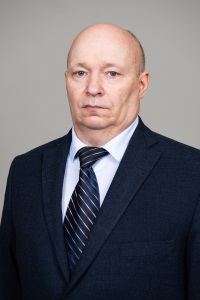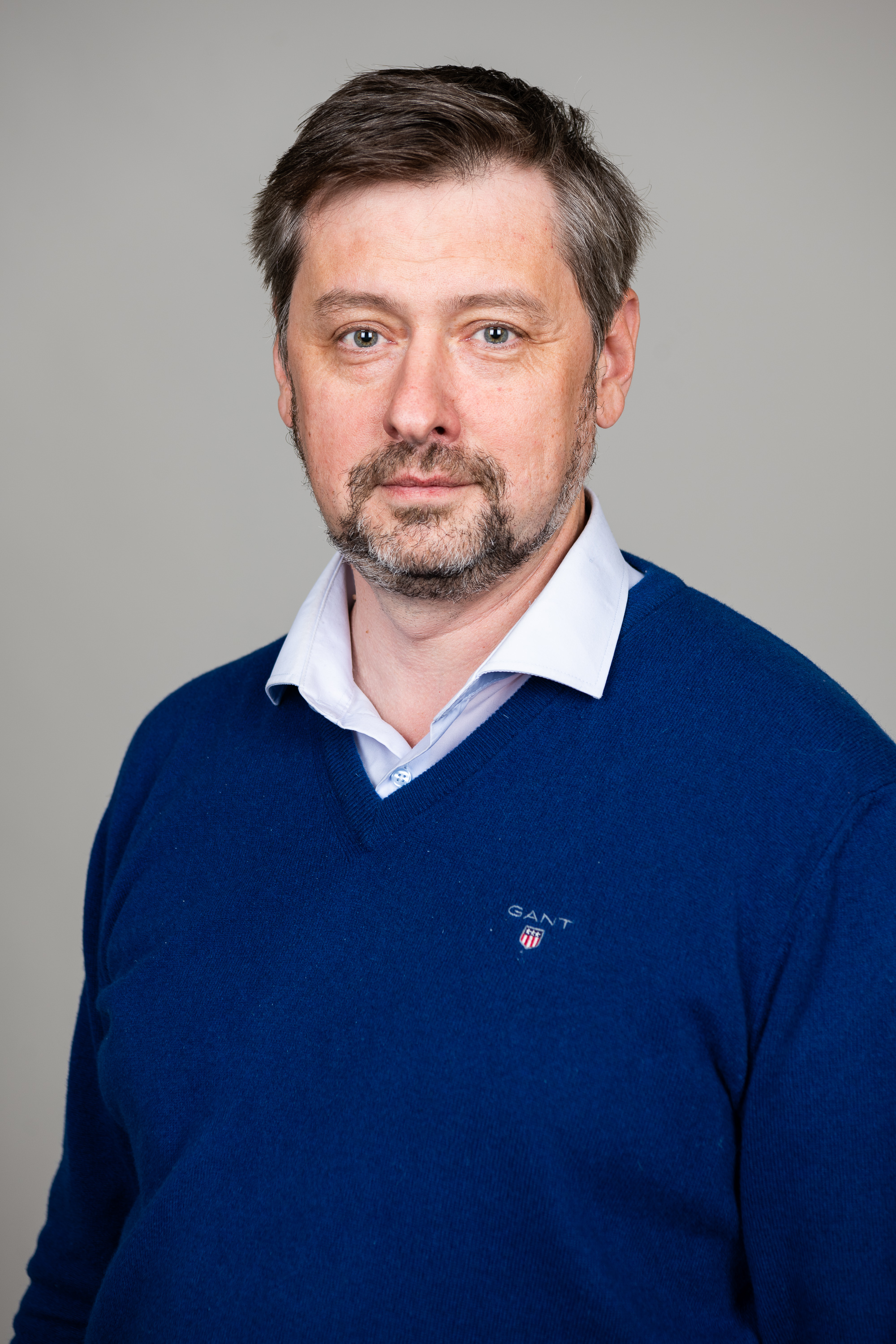Artificial Intelligence and Robotics
Robots and artificial intelligence systems are transforming modern industries—from autonomous transportation and healthcare to manufacturing. Companies increasingly seek specialists who can develop, train, and integrate intelligent solutions in finance, logistics, industry, and other key sectors.
The Artificial Intelligence and Robotics track at NUST MISIS combines in-depth mathematics and programming with applied disciplines: mechatronics, reinforcement learning, multi-agent systems, and digital twin development.
Graduates are skilled in developing software that makes robots smart, precise, and efficient. The program is based on the fundamental higher education model, awarding the Engineer-Researcher qualification, allowing graduates to access advanced career positions without needing to pursue a master’s degree.
Duration of the program: 6 years. Full-time education in Russian.









